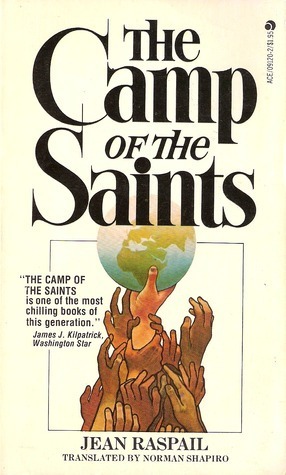Posted by Victor Mair
https://languagelog.ldc.upenn.edu/nll/?p=72231&utm_source=rss&utm_medium=rss&utm_campaign=the-conceptual-origins-of-brainwashing
https://languagelog.ldc.upenn.edu/nll/?p=72231
Wolfgang Behr, "Towards a Conceptual Prehistory of 'Brainwashing' / xinao 洗腦". (pdf here and here)
In Brigit Knüsel Adamec, Imbach Jessica, Justyna Jaguścik, Jessica Imbach eds., Re-Thinking Literary China, Essays in Honor of Andrea Riemenschnitter. [Welten Ostasiens / Worlds of East Asia / Mondes de l’Extrême Orient; 40] Berlin: DeGruyter-Brill, 2025, pp. 7-66.
Introduction
When concepts and topics start to become treated as the subject of scholarly studies on the history of culture or knowledge, it is often an unmistakable sign that they have become a little bit dusty and deprecated, mentally encapsulated in a narrative of the past. This is precisely what has happened to the topic of “brainwashing” over the last two decades. A whole series of authors have approached the concept no longer exclusively from the perspective of a sinister present or a threatening future, but with the historian’s backward gaze into the presumed period of “origins.” Others have been less concerned with the phenomenon itself, but with its medializations in film, art or computer games. That said, the “further prospects” chapters by authors interested in the history of the concept throughout the second half of the 20th century seem also in agreement that the practice of enforced thought control at the heart of the term’s denotation is bound to continue. Although the “decade of the brain” (1990–1999) has already been over for a quarter of a century, they unanimously predict new twists in the painful history of techniques of mind manipulation, situated somewhere between psychology, pharmacology and politics. They also point to radically new dimensions of coercive persuasion in the age of the globalized internet and the ongoing digitization of everyday, even intimate practices on social media, as well as the boom of legal and illegal psychoactive substances, whether man-made or engineered with the help of artificial intelligence. All of this is happening against the backdrop of an increasingly unstable world order following the unequivocal end of US hegemony, or, at least, its transatlantic commitments, the widely lamented economic and cultural decline of Europe – a continent which will constitute less than six percent of the world’s population at the end of this century. Not to speak of the internal polarization of “Western” societies in times of media fragmentation, ever increasing economic inequities and post-pandemic disruptions. It is also accompanied by the rapid export of “surveillance capitalism” more sinico to the young global south and the rapid rise of the equally unsettling neo-authoritarian and fascist movements in the old Atlantic north.
The linguistic, philological, and philosophical aspects of "heart", "mind", and brain and the historical facets of the problem of its purging, plus the religious, physiological, and psychiatric manifestations of "cleansing the heart-mind / soul / brain", are examined in great detail, much of it quite grotesque and bizarre, in the bulk of the paper. The paper concludes with a lengthy, eclectic bibliography (13 pages).
Professor Behr presented a summary of the paper with many illustrations at the 50th Anniversary Symposium of the European Ass. of Ch. Studies held at the Collège de France three weeks ago. The slides can be downloaded here.
Selected readings
https://languagelog.ldc.upenn.edu/nll/?p=72231&utm_source=rss&utm_medium=rss&utm_campaign=the-conceptual-origins-of-brainwashing
https://languagelog.ldc.upenn.edu/nll/?p=72231






